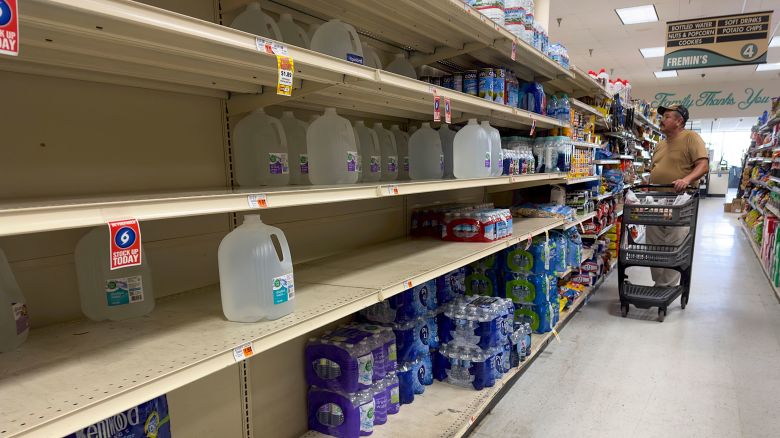
Louisiana is grappling with a looming water crisis as saltwater intrusion threatens the region’s drinking water supply, raising concerns about public health and well-being. The situation has triggered panic among residents, leading to a surge in bottled water purchases reminiscent of hurricane preparations.
The issue at hand is saltwater intrusion, a phenomenon occurring when seawater from the Gulf of Mexico infiltrates freshwater sources. Typically, the strong downstream flow of the Mississippi River acts as a barrier to ocean water intrusion. However, this year, record high temperatures and an extreme drought in the Midwest have drastically reduced the river’s volume. Consequently, the river’s flow is insufficient to prevent saltwater from advancing upstream.
Saltwater intrusion poses a dual threat. Firstly, it jeopardizes municipal drinking water supplies, as most water systems in the area do not filter out salt. Secondly, prolonged exposure to high salt levels can corrode pipes, including those made of lead.
High salt levels, typically exceeding 250 milligrams per liter (mg/L), can make tap water unsafe to drink or use for cooking, according to the New Orleans Sewerage and Water Board. Additionally, excessively salty water can impede daily activities like showering and dishwashing.
The health implications of elevated salt levels in drinking water are concerning. While the body requires a minimal amount of sodium to function, excessive sodium intake can have adverse effects. Individuals on low-salt diets, those with kidney disease, heart conditions, or high blood pressure, pregnant women, infants, and the elderly are particularly vulnerable to the health risks associated with high-salt water consumption.
Health experts warn that high salt content in drinking water can raise blood pressure, increasing the risk of heart attacks and strokes. It also places additional strain on the kidneys, potentially worsening kidney disease. Furthermore, some medications, such as ACE inhibitors and angiotensin receptor blockers for heart problems, may be less effective with high-sodium diets.
Efforts are underway to mitigate the crisis, including recommendations for parents of infants on formula to use ready-made versions or mix formula with bottled water. Additionally, precautions are advised for the elderly, who may have higher taste thresholds for salt and are more sensitive to its effects.
Amid the ongoing situation, the state is providing bottled water through the WIC program for those in need, especially in under-resourced communities.
Louisiana’s water crisis is exacerbated by persistent hot weather conditions, and without significant rainfall, it could persist for several months. The Army Corps of Engineers anticipates saltwater intrusion into New Orleans’ drinking water by mid to late October. A state of emergency was declared in August, and federal disaster assistance has been announced by President Joe Biden.
This crisis underscores the challenges posed by climate change, including rising sea levels and their impact on freshwater sources, highlighting the need for proactive measures to safeguard communities’ access to clean drinking water.



